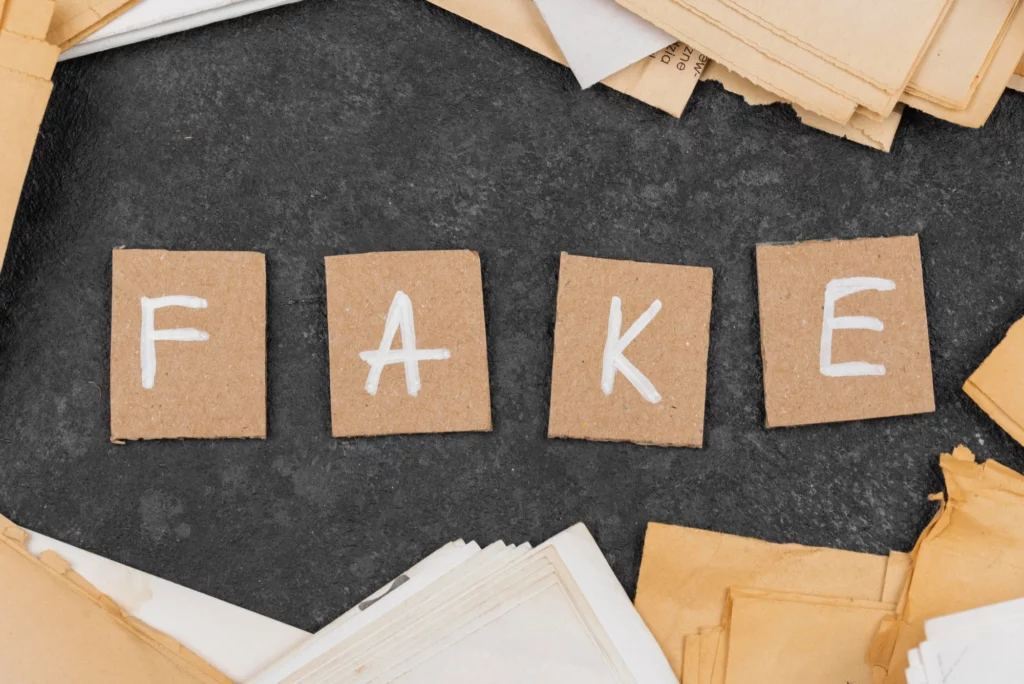How to Deal with Fake References
Table of Contents
ToggleIntroduction
What Are Fake References?

There are several ways to make fake references. Some candidates might ask family members or friends to pretend to be former coworkers, while others might use reputable reference-checking services that charge a fee to generate phony references. In some cases, dishonest employers will even give false recommendations for their own staff members to aid in the search for new employment.
Why Do Job Seekers Use Fake References?
How Can Employers Identify Fake References?
Red indicators that could suggest a false reference include the following:
- The reference is hard to reach or won’t answer questions.
- The reference offers hazy or contradictory details about the job applicant.
- On the applicant’s resume or application, the reference is not mentioned
What Should Employers Do if They Suspect a Fake Reference?
Never use false references in your writing. It's not just unethical; it can also have detrimental effects on your career.

How Can Job Seekers Avoid Using Fake References?
What Should Job Seekers Do if They Have Used Fake References in the Past?
Conclusion: Managing the Challenge of Dealing with Fake References
FAQ's
False references are not inherently illegal, but they are unethical and can have a negative impact on your career.
Certainly, companies may be held accountable if they make hiring decisions based on exaggerated or incorrect information, such as phony references.
Companies have a variety of options for contacting references and running background checks in order to confirm the information provided by applicants.
Certainly, using phony references can seriously harm your reputation and professional prospects. That may result in your immediate exclusion from the employment process and harm your business ties.
If you have reason to believe that a job applicant gave false references, continue with caution and take a background check or hiring a third-party company to look into the matter further into consideration. Give the applicant a chance to explain any inconsistencies in their application or references if there are any.




